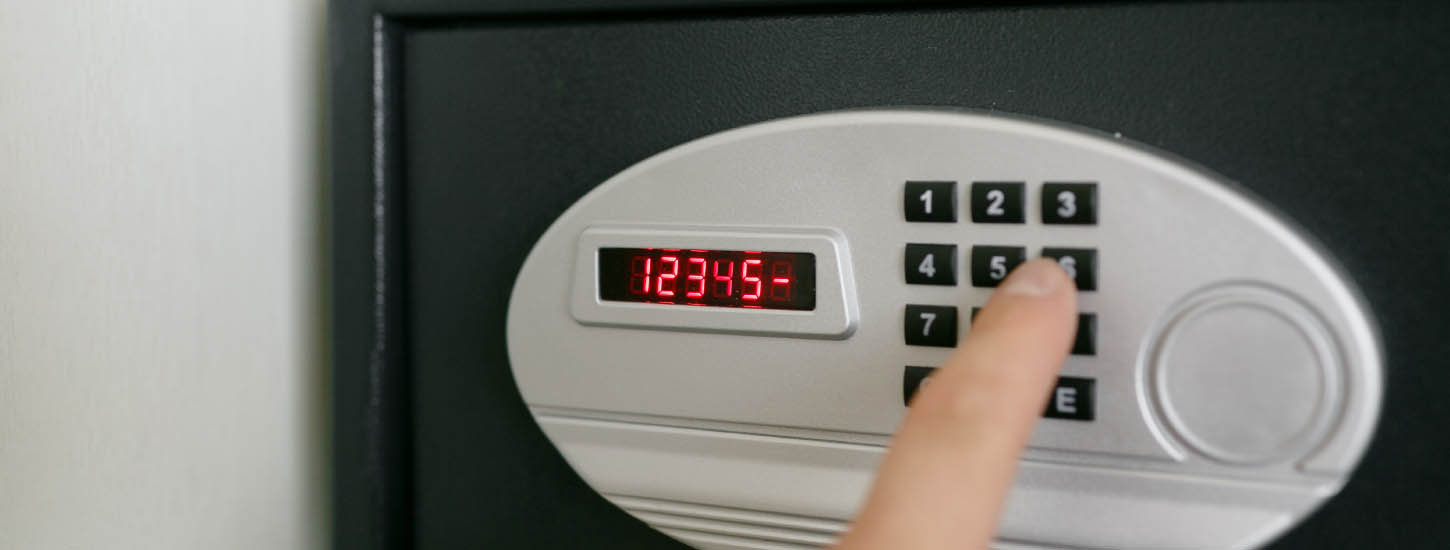In the ins and outs of celebrity estate fiascos, Aretha Franklin’s estate ranks among the oddest. In July 2023, a Michigan court ruled that Ms. Franklin’s 2014 handwritten Will, found in her sofa, was valid and superseded her 2010 Will found in a cabinet in her home. An interesting ruling as a point of law. But perhaps even more intriguing are the practical questions: Why did Ms. Franklin store her Wills in a cabinet and a sofa? Are those good places to store those documents? And if not, what would be better?
I would opine that a sofa is a random, illogical place to store an estate planning document. The cabinet might make more sense. Did Ms. Franklin’s family know that her legal documents were being kept in that particular cabinet? Was the cabinet locked to prevent its contents from being stolen? Were the estate planning documents contained within a fireproof box within the cabinet? Were family members able to access the cabinet in an emergency? These factors are relevant in examining whether Ms. Franklin’s selection of the cabinet was well-considered.
When deciding where to store original estate planning documents, consider the following:
- Is the location secure from both theft and fire?
- Do the key people in your life (close family members and named fiduciaries in your documents) know where these documents are located?
- If there is an emergency, will the key people in your life be able to access these documents?
Many people choose one of the following options to store estate planning documents:
- At home, in a home safe or fireproof box. For this option to work well, the key people in your life need to know where these documents are and be able to access your home (keys, alarm codes, etc.) in an emergency. They also need the necessary keys and codes to access the safe or fireproof box.
- At a safe deposit box in a bank. This option can also work well so long as, again, the key people in your life know where the documents are. Also, it is advisable to name at least one or hopefully a couple of additional signers on the safe deposit box so that it can be accessed in an emergency without the need for a court order.
- At the physical office space of the law firm that prepared the estate planning documents. Although this option can work, it is not as good as storing the documents at home or in a safe deposit box. Law firms can break up. Suppose the original law firm dissolves and five new firms are formed by the attorneys? When it comes time to track down the original Will, which firm has it? Or suppose the Will was prepared by a deceased solo practitioner whose office is closed? In that event, where would the original Will be that the attorney had previously stored in his office? Who knows.
If you would like to discuss ideas about the best place to store your original estate planning documents, please let us know. We’d be happy to help.



 Phone: (206) 784-5305
Phone: (206) 784-5305